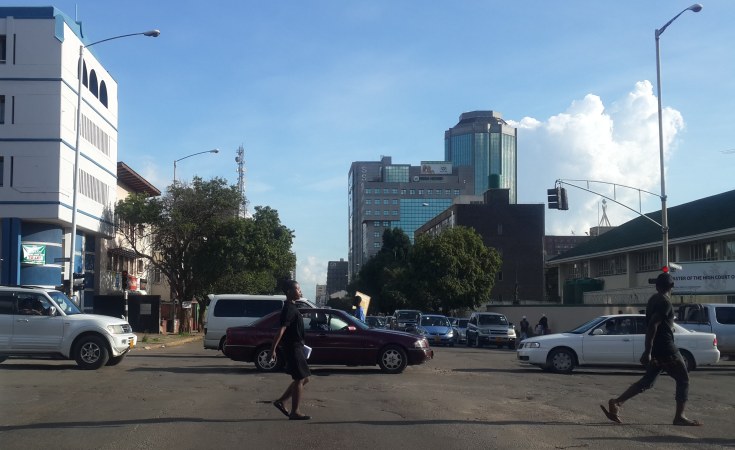LACK of media reforms will likely impact the coverage of 2023 elections as most of the recommendations by the European Union (EU) and African Union Observer Mission (AU-EOM) from previous plebiscites are yet to be implemented.
As part of its assessment of Zimbabwe's media space ahead of the 2023 elections, a report by the Democratic Governance and Rights Unit (DGRU) revealed that failure to implement media-related reforms will hinder the free and fair coverage of the coming elections.
DGRU said there is need to amend issues around accreditation of journalists to cover elections by the Zimbabwe Electoral Commission.
"Part 1XB of the Electoral Act should be amended to exempt media from payment of fees to ZEC for purposes of observing various electoral processes such as the inspection of voter rolls and polling processes.
"While ZEC can still 'accredit' or somewhat vet the media to cover such processes, the exercise should not be accompanied by an additional fee for all media accredited with the Zimbabwe Media Commission considering the nature, value and purpose of the media in covering such democratic processes," read the report.
The by-elections were marred by complaints by media stakeholders on the burdensome dual accreditation following demands by ZEC that media outlets ought to pay up to US$50 to cover elections.
"The required dual accreditation and related fees arguably place an undue burden on the media, considering that all mainstream media accredit to conduct their work with the ZMC.
"Of concern is how the fees have been increased for Zimbabwean media working for foreign media houses during the course of 2022, which is arguably prohibitive.
In January 2022 ZEC charged US$$50 for this category of media to cover the March 26 by-elections but by October 2022 the figure had doubled to US$100," read the report.
Concerns, according to the report, have so far been raised with fears that by the time the 2023 general elections are held, the fee by ZEC may increase further.
According to the report, a juxtaposition of observations made on the March 26 by-election with those from past elections shows no positive movement regarding fair and equitable coverage of political parties by public media.
In their report on the 2013 harmonised elections, the AU-EOM observed that the national broadcaster tended to provide live and in-depth coverage largely to a single political party.
The observer mission recommended that ZEC should 'scrupulously enforce the relevant regulations of the Electoral Act to afford alternative voices and all political parties, equitable access at all times during elections.'
In a post 2018 final report of Zimbabwe's harmonised elections, EU-EOM gave a priority recommendation that state-owned media must abide by their legal obligation to be impartial and provide equitable treatment to all political parties and candidates.
The recommendation was informed by its observations that public media was biased in favor of the incumbent president and the ruling party which received 84.9%, 81.8% and 76.5% of election-related coverage on public media outlets ZTV, Radio Zimbabwe and Classic 263, respectively.
Their further assessment was that 44.5%, 14.4% and 10.2% of that coverage were reports portraying
ZANU-PF positively, while 47%, 20% and 26.5% of the coverage received by the opposition MDC-Alliance party in the same media, were negatively toned reports.
"With no 'repercussions' nor effective mechanisms employed to redress these observed trends, this already gives the semblance that public media like ZBC are "getting away with it" again and will most likely continue to do so come the 2023 plebiscite," read the report.


